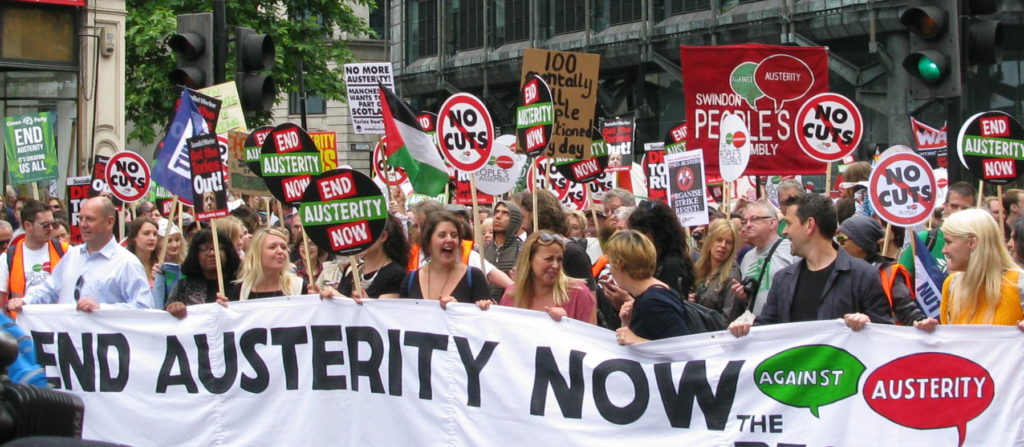5 things about pensions
Wednesday’s strike isn’t just about pensions. Unions like the PCS have been clear from the outset – anti-worker laws mean we can’t go on strike against government policies. So unions couldn’t ballot for action against cuts in general. Instead they chose the one direct issue between employers and workers – one cut – which applies most broadly across the public sector. So, legally, this is a strike about cuts to pensions. But in reality, this is a strike against government cuts – the biggest day of action against spending cuts in the UK ever.
That said, pensions are a significant cut, and for some of the unions, the only named reason for this strike.
Here are five things about pensions:
1) The average pension for female local government workers is less than £2,800 a year. That’s before any cuts. I dare Francis Maude to go down to his local picket line an whisper the words “gold plated”.
2) “The first issue that the Hutton Commission Interim Report stresses is that public sector pensions in the UK are affordable in the long run, in the sense that pension payments are set to fall as a share of national income over the next 50 years.” – that’s the Institute for Fiscal Studies speaking to Channel 4’s Fact Check, summing up the authoritative report into public sector pensions. As Fact Check put it back in June: “That undermines one of the Government’s main arguments”.
3) According to the charity National Energy Action, something like 2,500 pensioners died because of fuel poverty last winter – ie they died of cold because they couldn’t afford to heat their homes. And this is before the government cuts pensions. Last year’s rich list showed a record rise in the wealth of the richest 1000 people in Britain – an increase of 30% or £77 billion.
4) The pension cuts would mean workers paying more into their pension schemes as well as getting less out at the end. This increase in contribution obviously means less take home pay. This comes in the middle of a public sector pay freeze and at a time when inflation is running at around 5%. Taking all of these effects into account, if the pension reforms also go through, the TUC calculate that a 9% fall in living standards by 2012/13 would not be uncommon for public sector workers.
5) Yes, private sector workers have also seen their pensions under assault. Just as wages have flatlined in recent years, so have pension contributions. Unless we end this trend, today’s workers will have to live in fear of freezing or starving in old age. Wednesday’s strike marks a line in the sand for all workers across the country whose pensions are under attack. That line has been painted by those in the public sector who are organised enough to stand up first. But unless we all stand with them, we can all look to retirement with fear.



Leave a Reply